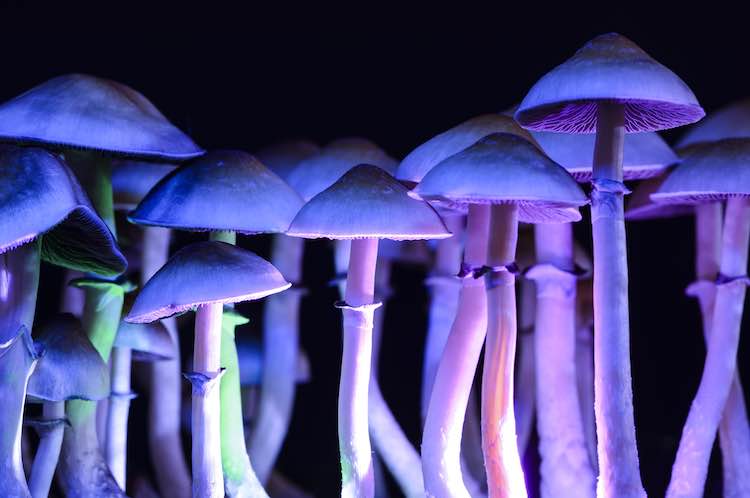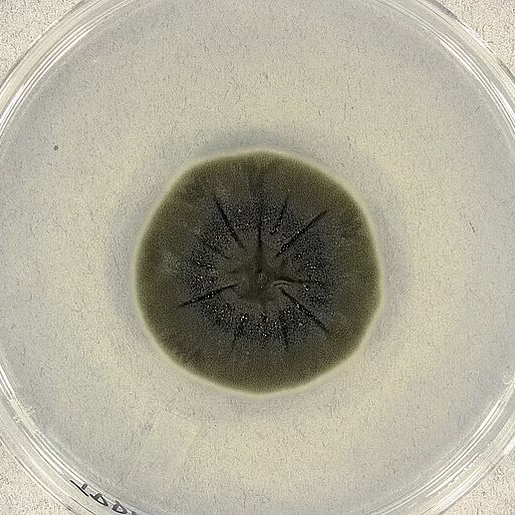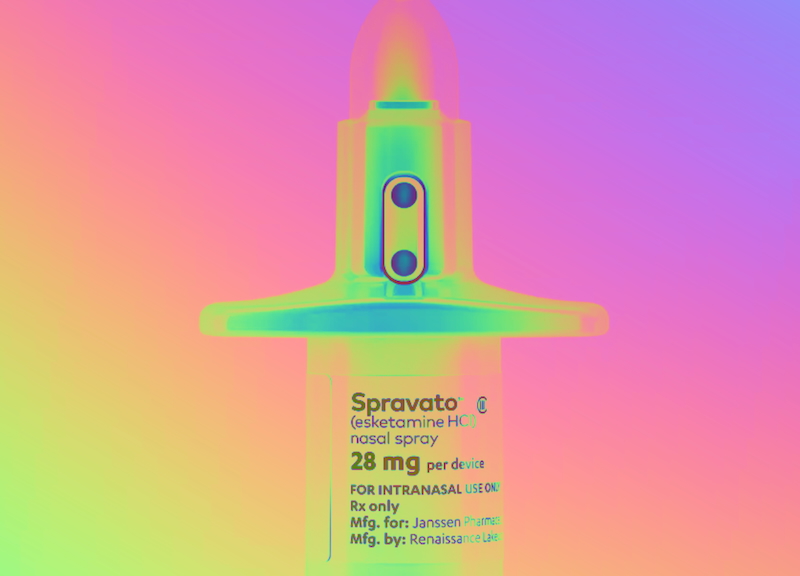- Microdosing mushrooms is the practice of consuming small doses of psilocybin, a psychedelic.
- A microdose is typically around one-tenth of a recreational dose and does not cause hallucinations.
- Microdosing may improve mood and focus, increase creativity, and improve mental health.
Psychedelics such as mushrooms are no longer just the stuff of hippies in the 70s.
Today, people from different walks of life are turning towards mushrooms – not just for the fun of it – but for the purported cognitive benefits, such as enhanced focus and creativity.
And you don’t have to take a large dose. Yes, some people take large doses of mushrooms recreationally to “trip,” but others are exploring the mental health benefits of microdosing, which involves taking psychedelic shrooms in very small doses.
Anecdotally, there’s a mix of people who experiment with microdosing, says David R. Cox PhD, a board-certified psychologist and medical advisor for Psychable.
Here’s what you need to know about microdosing mushrooms as well as the possible benefits.
What does it mean to microdose mushrooms?
“Microdosing” is a term referring to the practice of taking small doses of a drug such as mushrooms. A microdose is typically about one-tenth of a recreational dose, says Cox.
So, if the minimum dose required to get a psychedelic effect is about 1 gram of dried mushrooms, a low microdose is around 0.1 grams, says Cox.
The psilocybin in mushrooms binds to and stimulates serotonin 2A receptors in the brain. In high doses it can cause effects such as the following, says Jeffrey A. Lieberman MD, psychiatrist-in-chief at Columbia University Medical Center of the New York-Presbyterian Hospital and director of the New York State Psychiatric Institute.
- An altered state of mind
- Altered sensory perception
- Hallucinations
But “microdosing is done with the thought that these small doses that do not produce any hallucinogenic effects may provide relief from adverse symptoms and/or facilitate improvements in one’s thinking, emotional and/or cognitive state,” says Cox.
However, Cox says that concrete evidence surrounding microdosing mushrooms is sparse since it’s a Schedule I substance and the FDA has only recently approved a small number of clinical trials for psilocybin use.


The benefits of microdosing
It’s important to note that while microdosing mushrooms may work for some, there’s no concrete evidence that it can benefit your health.
A January 2021 study and a March 2021 study both found that the existing evidence is not strong enough to differentiate the benefits of microdosing from a placebo effect. In fact, the researchers of the January 2021 study found that going into the experience with positive expectations led to positive outcomes.
That being said, here are a few possible benefits of microdosing that preliminary studies have found:
- Improved mood and focus: A 2019 study of 278 microdosers (who used either mushrooms or LSD) found that 26.6% of participants experienced an improved mood and 14.8% reported increased focus. However, it’s unclear from the study whether these effects were from LSD or psilocybin.
- Increased creativity: Another 2019 study found that people who microdose LSD or psilocybin experienced increased creativity and open-mindedness. This may have to do with the fact that psilocybin allows different parts of the brain to communicate in new and different ways.
- Improved mental health: A 2019 study found that some microdosers of LSD or psilocybin experienced decreased levels of depression and stress over a six week period. This may be due to the positive effect that the drugs may have on serotonin — a neurotransmitter that is partially responsible for mood. Psilocybin is a serotonin receptor antagonist, meaning it can help improve the bioavailability of neurotransmitter like serotonin.Additionally, a 2019 study found that people who microdosed psychedelics along with receiving psychological support during and after their experience saw improvements in their PTSD, anxiety, and depression.
It’s important to note that these studies were not all conducted in clinical settings, and much of the results were self-reported. Additionally, they were small sample sizes. That’s why experts say that more research is needed to determine the true efficacy and safety of microdosing.
A 2019 paper suggested that there may be more questions than answers when it comes to the benefits and safety of microdosing. For example, the paper authors say we do not have enough concrete information about the true benefits of microdosing versus placebo effects, risks of microdosing, or what dose is enough to produce benefits.
Source: Insider




